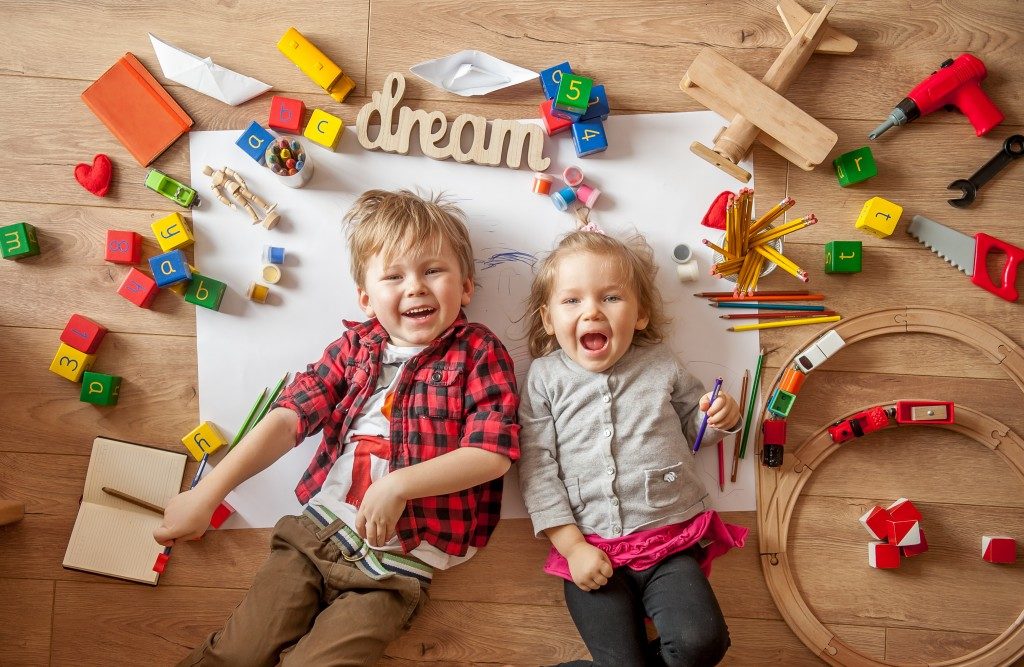When you go to a toy store, the first thing you will notice is the big amount of so-called educational toys. There’s usually a huge corner of the store dedicated to these toys. But take a closer look at them. What do you notice? They’re mechanical, digital, and computerized. Almost all of them are talking dolls and computers that tell your kids what to do. They don’t teach them anything. They don’t let them “play.” It’s a lot of pressure for kids to follow complicated instructions coming from a talking doll or computer.
Why not check what mathematical logical puzzles can do for your child? These puzzles will make your child work and think. They will teach your child how to solve complicated problems. They will allow them to find solutions at their own pace. As parents, you will realize a lot by watching your child solve puzzles. You will know if they’re a bit impatient or if they can go around the traditional rules of puzzle-solving and find their own formulas.
Understand the Types of Educational Toys
There are four types of educational toys: those that boost physical development such as bikes, wagons, and blocks; sensory toys that make kids aware of different senses; make-believe toys such as dolls, cars, trucks, board games, and books; and those that improve creativity such as clay, paint, and scissors. Before you invest in a toy, ask yourself what it can do for your child. Will it help them learn the ABC or count from one to 10?
Consider Your Child’s Age
Parents often feel that their kids are advanced for their ages. Even if they actually are, don’t buy toys that are not appropriate for their age. You may be damaging their advanced development than helping sustain it. For example, make-believe toys are not suitable for kids who have not developed an imagination yet. You will know if your child will enjoy make-believe toys when they start to play with whatever they have to “create stories.”

Choose Simple Toys
It is tempting to buy the toys with all the bells and whistles. But an overly complicated toy may be more frustrating for you and your child. Kids love simple toys such as building blocks and matchbox cars. These toys evolve and grow with them.
Check the Quality
Because children get easily bored with toys and they break easily, parents tend to invest in the cheapest toys on the market. Make sure that you are investing in a toy that’s made of quality materials. You should avoid toys with parts and pieces that can easily come off because these are potential choking hazards.
Pay Attention to Their Interests
Your child will dictate what toys suit them. Do they love to sing and dance? Do they love to make art? Pay close attention to what they enjoy doing because these are the toys that you should invest in. These are the toys that they will use more often.
Educational toys are important tools for teachers and parents. It may get overwhelming to look at rows and columns of toys, but this guide should help you choose the best ones for your child. Sooner or later, your child will grow up enough to tell you what interests them.





